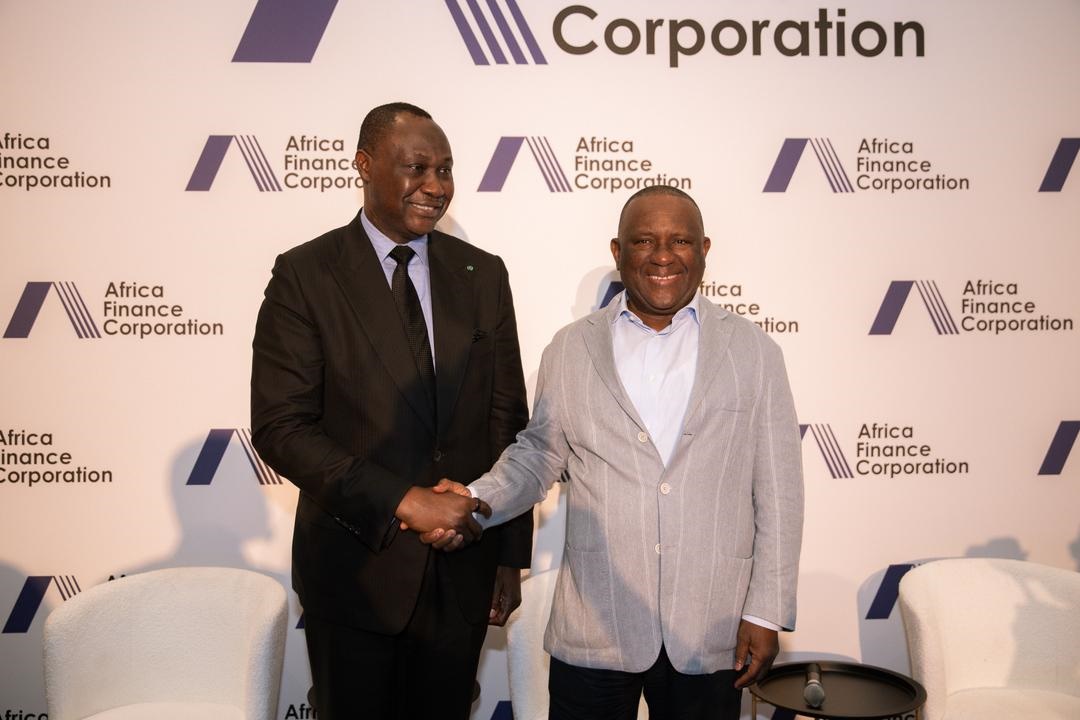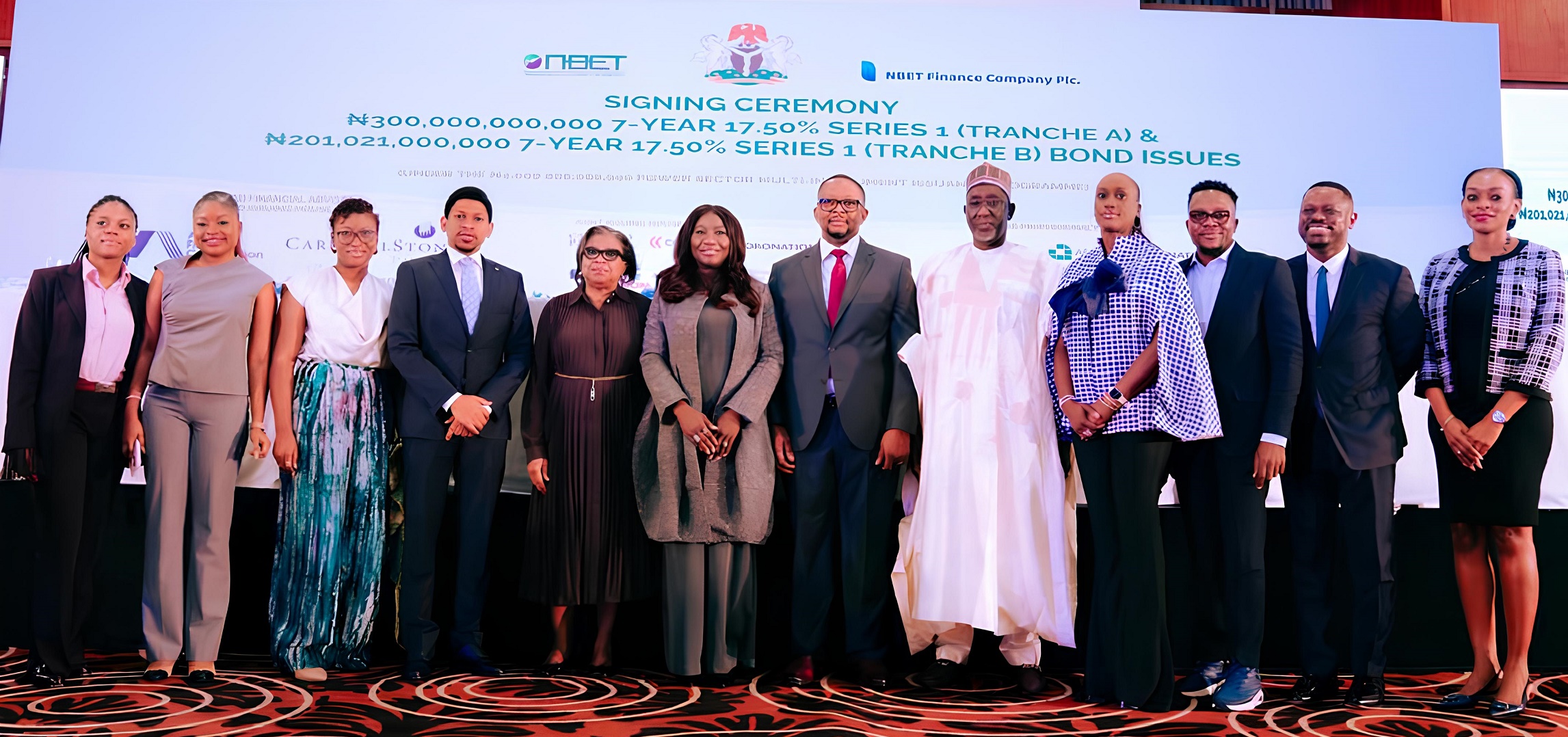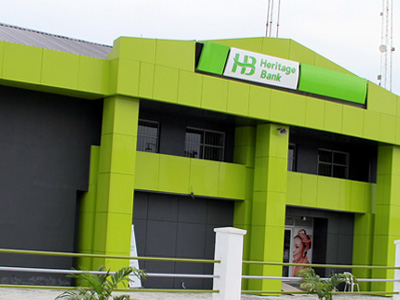
Renowned capital market players and chairman of the maiden Nigerian Code of Corporate Governance, Atedo Peterside, at the weekend, tasked the Securities & Exchange (SEC) on transparency in its handling of the forensic audit conducted on energy giant- Oando Plc.
The commission had on Friday evening directed the board of Oando Plc to convene an Extra-Ordinary General Meeting (EGM) before July 1, 2019, wherein the directors will appoint replacements for Jubril Adewale Tinubu and Omamofe Boyo, Group Chief Executive and deputy, respectively. Both executives were also barred from being directors of public companies for a period of five years.
In a tweet via his personal handle, Peterside, founding chief executive of Stanbic IBTC Bank Plc and non-executive directors of listed companies, wonders “why the SEC would not give the findings of the Forensic Audit to Oando and give them an opportunity to defend themselves.
“The findings of the Forensic Audit should be made public alongside Oando’s responses so we can all judge for ourselves,” he added.
A statement by the SEC on Friday, announcing the actions on Friday, “noted certain infractions of securities and other relevant laws were observed, following which it engaged Deloitte & Touche to conduct a forensic investigation.
“The findings from the report revealed serious infractions such as false disclosures, market abuses, misstatements in financial statements, internal control failures, and corporate governance lapses stemming from poor board oversight, irregular approval of directors’ remuneration, unjustified disbursements to directors and management of the company, related party transactions not conducted at arm’s length, amongst others.”
SEC, while announcing the sack, said investigations conducted into the activities of Oando Plc, a company listed on the Nigerian and Johannesburg Stock Exchanges, unearthed “certain infractions of securities and other relevant laws.”
It listed some of the serious infractions “as false disclosures, market abuses, misstatements in financial statements, internal control failures, and corporate governance lapses stemming from poor board oversight, irregular approval of directors’ remuneration, unjustified disbursements to directors and management of the company, related party transactions not conducted at arm’s length, amongst others.”
The SEC also directed the payment of monetary penalties by the company and affected individuals and directors, apart from refunding improperly disbursed remuneration by the affected board members to the company.
As required under Section 304 of the Investments and Securities Act, (ISA) 2007, the Commission said it would refer all issues with possible criminality to the appropriate criminal prosecuting authorities.
The commission further said that other aspects of the findings would be referred to the Nigerian Stock Exchange (NSE), Federal Inland Revenue Service (FIRS), and the Corporate Affairs Commission (CAC).
“The commission is confident that with the implementation of the above directives and introduction of some remedial measures, such unwholesome practices by public companies would be significantly reduced.
“Therefore, in line with the Federal Government’s resolve to build strong institutions, Boards of public companies are enjoined to properly perform their fiduciary duties as required under extant securities laws” the statement added.
As the apex regulator of the Nigerian capital market, the SEC restated its zero tolerance to market infractions, while reiterating its commitment to ensuring the fairness, integrity, efficiency, and transparency of the securities market, thereby strengthening investor protection.














